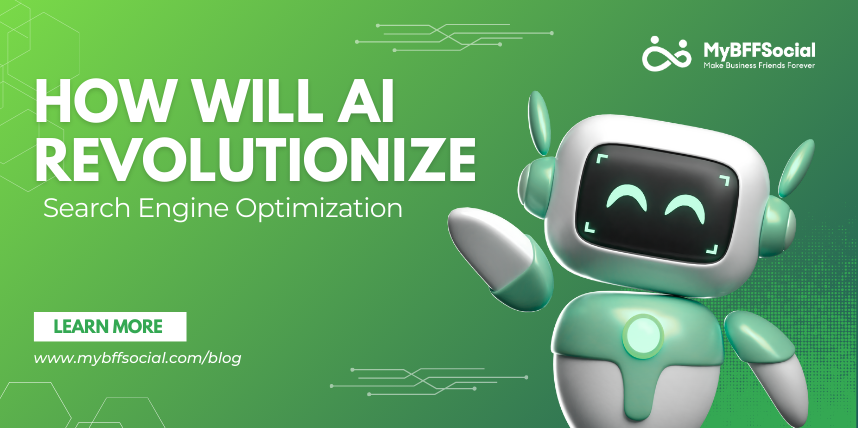
The digital landscape is continuously evolving, with Search Engine Optimization (SEO) at its core driving the visibility of content on the internet. Traditional SEO has revolved around optimizing content with keywords, building backlinks, and ensuring a user-friendly website experience. However, the advent of Artificial Intelligence (AI), especially with tools like ChatGPT, is poised to revolutionize this domain.
ChatGPT, developed by OpenAI, has shown the potential to disrupt the search engine industry significantly. Unlike conventional search engines that rely on indexing the web and ranking content based on algorithms, ChatGPT provides answers through conversational AI, leveraging vast amounts of data and learning from user interactions. This shift raises questions about the future of search engines and, by extension, SEO as we know it.
As we delve deeper into this blog, we will explore the rise of AI in search, hypothesize a world where ChatGPT replaces traditional search engines, examine the implications for SEO, and discuss how businesses and marketers can prepare for these changes. This exploration will not only highlight the transformative potential of ChatGPT but also guide us through the evolving landscape of digital search and content optimization.
Rise of AI in Search
The integration of Artificial Intelligence (AI) into search engines has been a game-changer, transforming how information is indexed, ranked, and delivered to users. Traditional search engines like Google have continuously evolved, incorporating AI and machine learning algorithms to improve search result relevance and user experience. These advancements have made search engines more intuitive, capable of understanding and predicting user intent, and delivering personalized results.
Evolution of AI in Search Engines
Initially, search engines relied heavily on keyword matching and backlink analysis to rank websites. However, with the advent of AI, the approach shifted towards understanding the semantics of search queries, leading to the development of algorithms like Google’s RankBrain. This AI-driven approach enabled search engines to process natural language, understand context, and provide more accurate and relevant search results, setting a new standard for SEO practices.
Introduction of ChatGPT
Enter ChatGPT, OpenAI’s conversational AI, which takes the capabilities of AI in search to a new level. Unlike traditional search engines that fetch and display links to external content, ChatGPT interacts with users in a conversational manner, generating responses in real-time. Its ability to understand and generate human-like text responses has made it an invaluable tool for information retrieval and assistance.
Potential of ChatGPT in Transforming Search
ChatGPT’s potential to transform search lies in its advanced language understanding and generation capabilities. It can provide direct answers to queries instead of links to websites, offering a more intuitive and interactive search experience. This shift could redefine SEO, as the focus would move from optimizing content for search engine algorithms to creating content that conversational AI can easily process and understand.
Hypothetical Scenario: ChatGPT Replacing Search Engines
Imagine a world where ChatGPT or similar AI tools become the primary means of online search, overshadowing traditional search engines. In this scenario, the way we seek and consume information would fundamentally change.
Impact on User Behavior
Users would interact with an AI assistant more like a conversation than a search query. The need to sift through pages of search results could diminish, as users get direct, conversational responses to their inquiries. This could lead to a more dynamic and interactive form of information retrieval, where users can refine their questions based on the responses they receive.
Transforming Information Retrieval
In a ChatGPT-dominated search environment, the retrieval of information would become more streamlined and personalized. ChatGPT could use its understanding of language and context to provide answers that are tailored to the user’s specific needs and preferences, potentially increasing the efficiency and accuracy of information retrieval.
